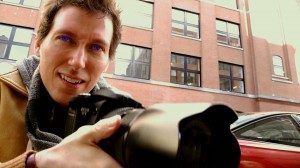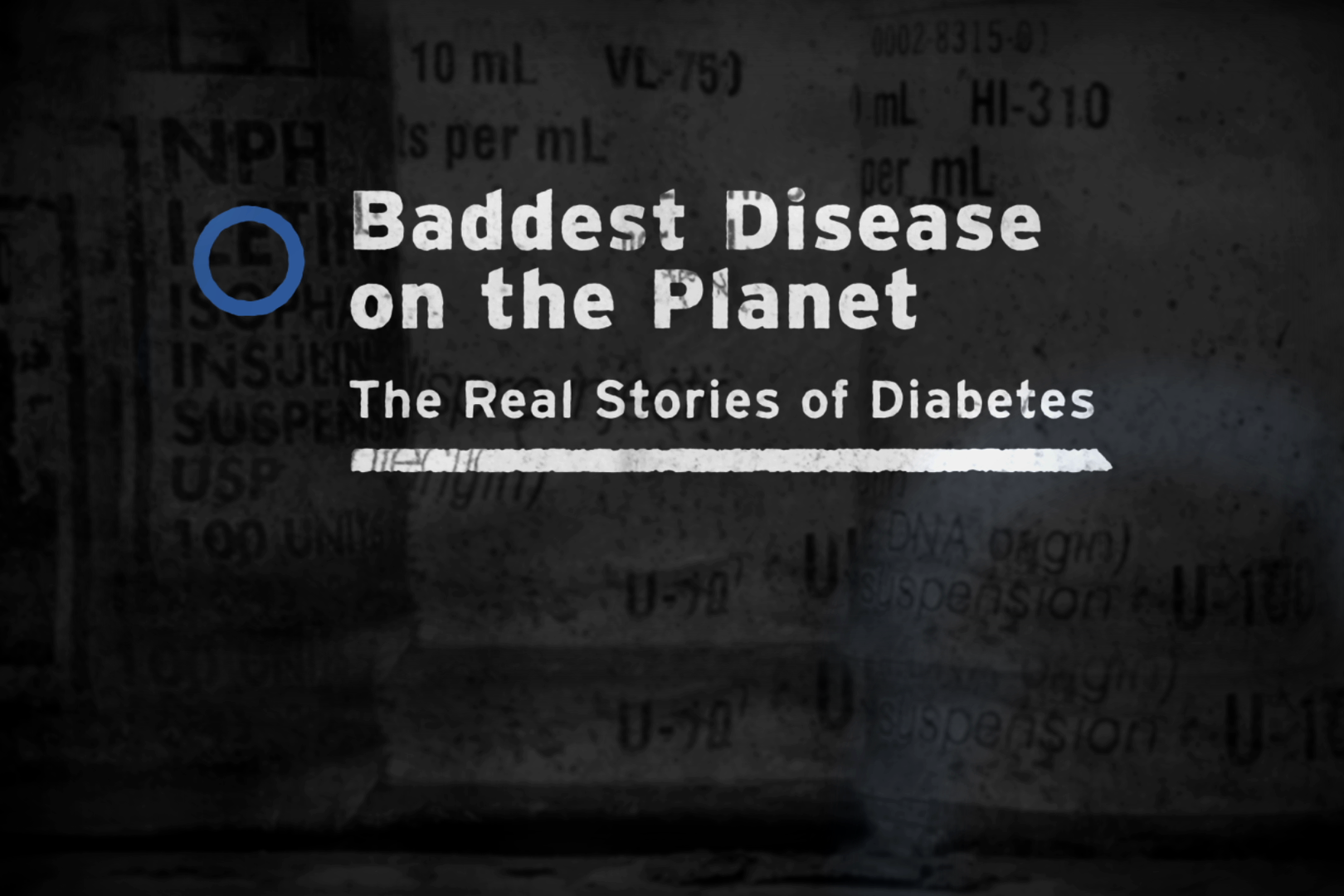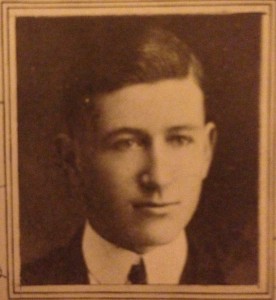The Real Story Behind This Film
In 1922, my grandfather, Dr. Frank Allan saw what he described as a boy coming back from the dead. At Toronto General Hospital, an emaciated 14-year-old was dying of diabetes— a mysterious disease with no effective treatment. “All of us knew he was doomed,” my grandfather wrote.
With nothing to lose, the “doomed” boy became the first human patient ever to receive experimental injections of insulin. Something amazing happened. “The dying boy… came back to life.”
My grandfather joined the research team and became one of the world’s leading diabetes authorities. He believed that with ample public engagement, this group of diseases could be cured.
Today, far from being cured, diabetes afflicts more than 29 million Americans. It is the seventh leading cause of death in the U.S., claiming more lives than AIDS and breast cancer combined.

To continue my grandfather’s legacy, I am on a mission raise awareness of this epidemic by celebrating the stories of a diverse group of people who each offer a different window into this group of diseases. Baddest Disease on the Planet will document a year in the lives of a handful of researchers, activists and individuals with diabetes.
The movie takes its title from a statement by one of the film subjects, a retired Air Force vet who braved death many times in his military service, but now finds a threat within his own body more frightening than anything he faced in combat. “This is the baddest-ass disease on the planet Earth,” he says.
The stakes are high for these characters. All of them are trying to save lives — either their own or those of others. They’re also trying to have fun, find love, make art and care for their families. They will not let diabetes define them. My team and I will capture the life-or-death dramas they are engaged in, as well as the humor and challenges of their everyday lives.
Our film also will showcase the latest ideas for prevention and treatment, entertaining viewers while inspiring them to take action to improve their own health and that of their communities. We plan to begin principal photography in the near future.

